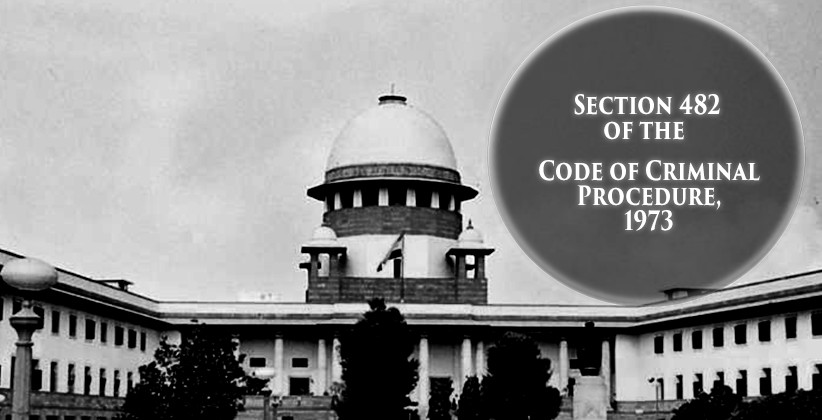The Rajya Sabha on July 29, 2019, passed the Insolvency and Bankruptcy Code (Amendment) Bill, 2019, which seeks to amend the Insolvency and Bankruptcy Code, 2016.
The Bill was introduced in the Rajya Sabha by the Minister of Finance, Ms. Nirmala Sitharaman, on July 24, 2019.
The Bill addresses three issues. First, it strengthens provisions related to time-limits. Second, it specifies the minimum payouts to operational creditors in any resolution plan. Third, it specifies the manner in which the representative of a group of financial creditors (such as home-buyers) should vote.
Key highlights of the Bill:-
- Resolution plan: The Code provides that the resolution plan must ensure that the operational creditors receive an amount which should not be lesser than the amount they would receive in case of liquidation. The Bill amends this to provide that the amounts to be paid to the operational creditor should be the higher of: (i) amounts receivable under liquidation, and (ii) the amount receivable under a resolution plan, if such amounts were distributed under the same order of priority (as for liquidation). For example, if the default were for Rs 1,000 crore and the resolution professional recovered Rs 800 crore, the operational creditor must at least get an amount which they would have received if Rs 800 crore have been obtained through liquidation proceeds.
- Further, the Bill states that this provision would also apply to insolvency processes: (i) that have not been approved or rejected by the National Company Law Tribunal (NCLT), (ii) that have been appealed to the National Company Appellate Tribunal or Supreme Court, and (iii) where legal proceedings have been initiated in any court against the decision of the NCLT.
- Initiation of resolution process: As per the Code, the NCLT must determine the existence of default within 14 days of receiving a resolution application. Based on its finding, NCLT may accept or reject the application. The Bill states that in case the NCLT does not find the existence of default and has not passed an order within 14 days, it must record its reasons in writing.
- Time-limit for resolution process: The Code states that the insolvency resolution process must be completed within 180 days, extendable by a period of up to 90 days. The Bill adds that the resolution process must be completed within 330 days. This includes time for any extension granted and the time taken in legal proceedings in relation to the process. On the enactment of the Bill, if any case is pending for over 330 days, the Bill states it must be resolved within 90 days.
- Representative of financial creditors: The Code specifies that, in certain cases, such as when the debt is owed to a class of creditors beyond a specified number, the financial creditors will be represented on the committee of creditors by an authorised representative. These representatives will vote on behalf of the financial creditors as per instructions received from them. The Bill states that such representative will vote on the basis of the decision taken by a majority of the voting share of the creditors that they represent.
(Source PRS)







